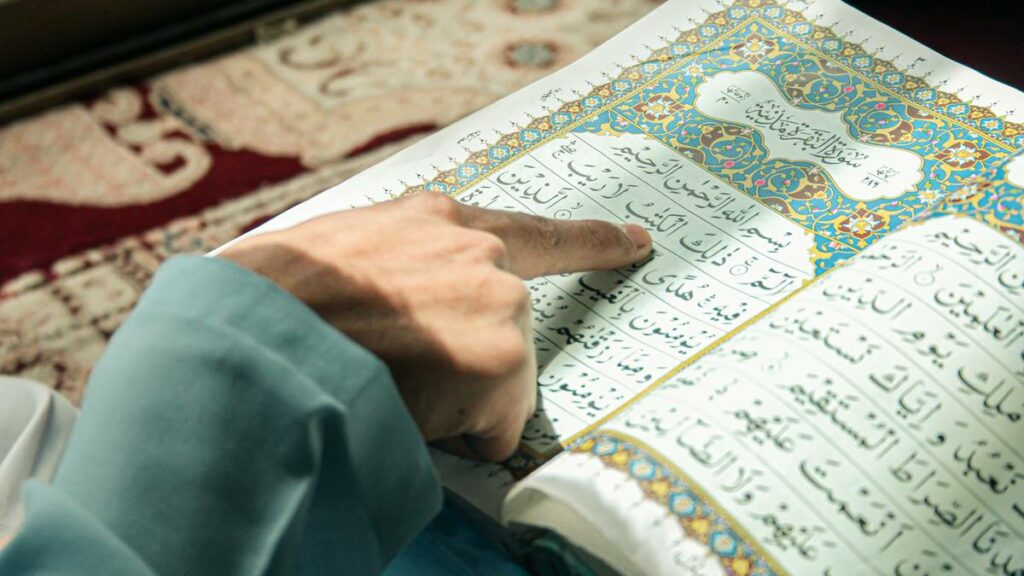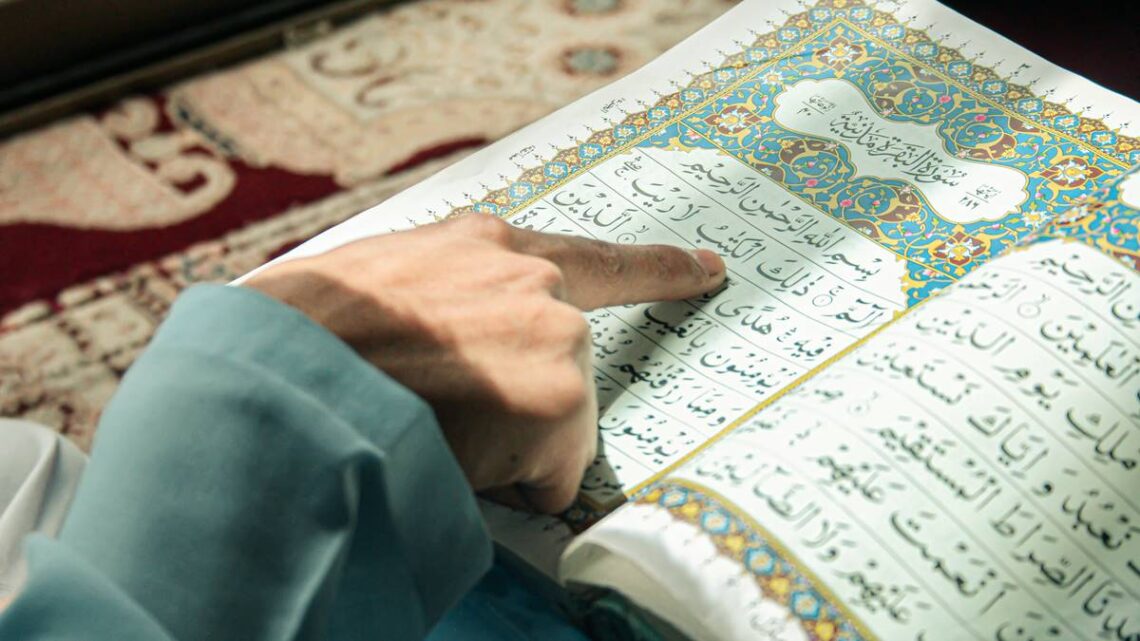The Sindh High Court (SHC) has rejected a petition seeking for the inclusion of Holy Quran with translation in the syllabus of schools and colleges in the province.

According to the details, the court stated that Constitution of Pakistan maintains a balance between three pillars of state, which are judiciary, legislature and administration.
The court added that if there is no violation of fundamental rights, the court cannot intervene and order a change in the school and college curriculum.
“In our view, faith is a personal matter which cannot be interfered with,” the verdict read. “The Constitution provides both negative and positive rights. Negative rights obligate the State not to interfere in the private affairs of citizens. Citizens can exercise their rights as they wish,” the court added.
The judgement said that Article 20 of the Constitution of Pakistan grants freedom of religion to citizens and obligates the State not to interfere in the religious affairs of any person.
It is pertinent to mention that the petitioner had moved the court to make the Holy Quran with translation a compulsory part of the syllabus for schools and colleges in Sindh. “The Punjab Assembly has already approved inclusion of the Holy Quran teaching in the curricula of schools and colleges; therefore, Sindh should also follow suit,” he argued in the petition.
Earlier, Sindh Governor Kamran Khan Tessori, had also urged Sindh Chief Minister, Syed Murad Ali Shah, in a letter, to introduce the teachings of the Holy Quran with translation as compulsory subject in educational institutions across the province.
According to the Governor, teaching the Holy Quran would add more value to the education system and for this purpose orders must be issued to the relevant insitutions.
Read more: Sindh Governor Urges Holy Quran’s Inclusion at Educational Institutions.

















